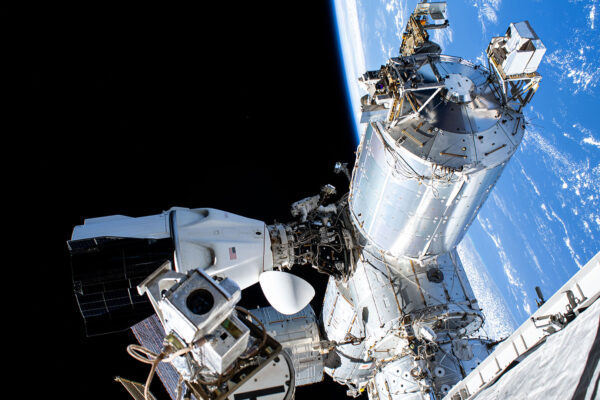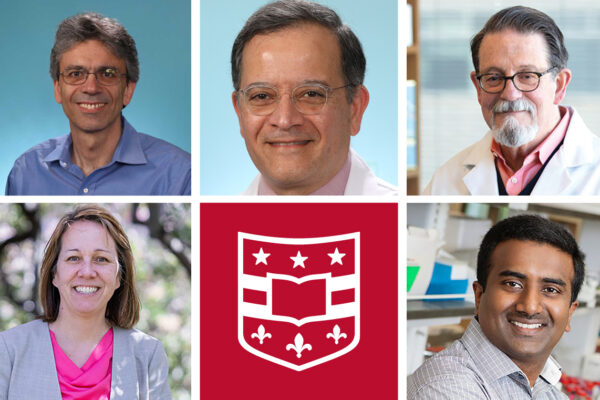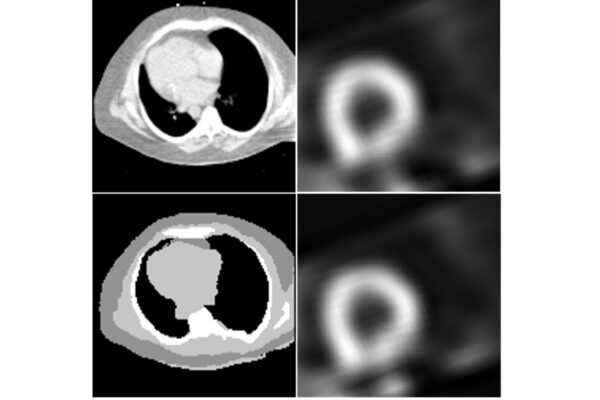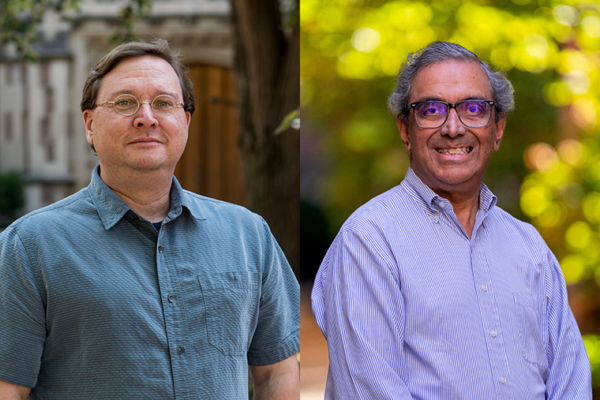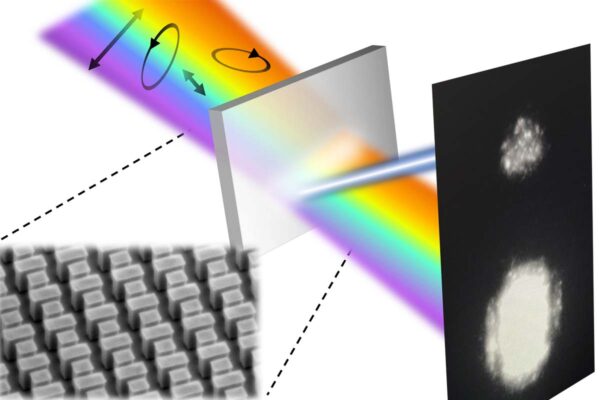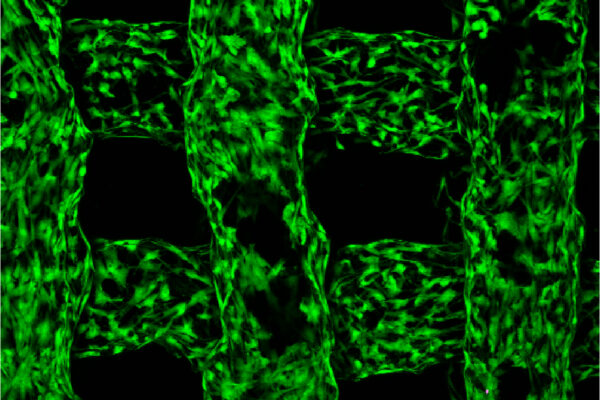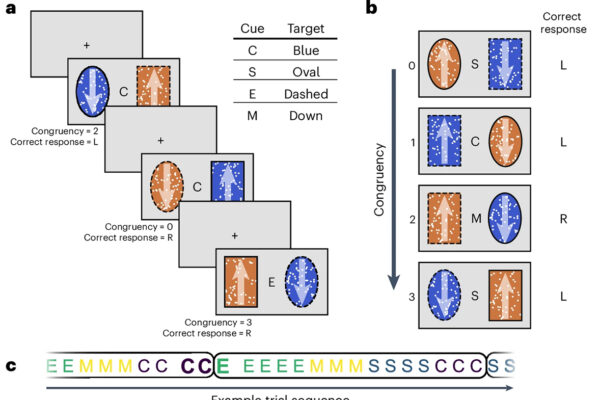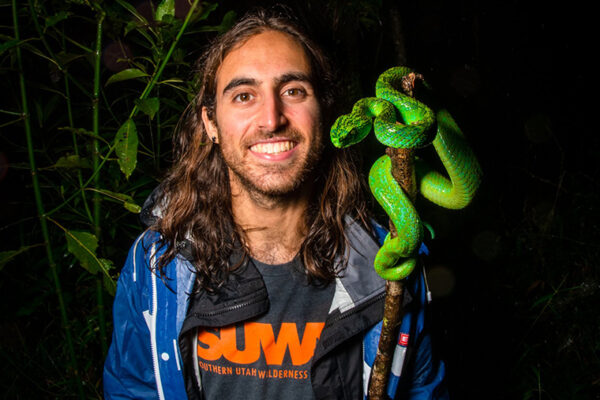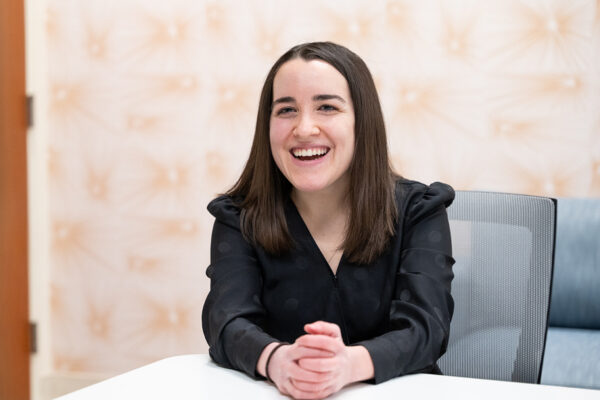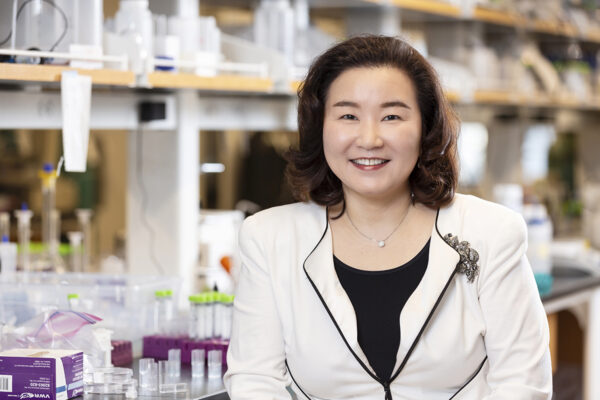WashU-led astrophysics mission lands its spot on space station
The Trans-Iron Galactic Element Recorder for the International Space Station (TIGERISS) was officially assigned an attachment location on the Columbus laboratory module of the International Space Station. This location assignment is a milestone on the path to a targeted 2027 launch date, researchers said.
Five named National Academy of Inventors senior members
Five researchers from Washington University have been named senior members of the National Academy of Inventors.
Deep learning to increase accessibility, ease of heart imaging
Researchers at the McKelvey School of Engineering have developed a method that leverages artificial intelligence to ensure accurate heart scans without added radiation or cost.
Jez, Pakrasi named fellows of biochemistry society
The American Society for Biochemistry and Molecular Biology named Joseph Jez and Himadri Pakrasi in Arts & Sciences as fellows in recognition of their research, education, mentorship and service to the scientific community.
Collection of tiny antennas can amplify, control light
Researchers at Washington University in St. Louis have developed metasurfaces that could expand the use of antennas beyond radios and cellphones to many applications, such as virtual reality devices.
For success in bioelectronics, build with nature-inspired design
Researchers at WashU have developed bioelectronic scaffolds in a unique way that creates new tissues.
New model from WashU scientists can improve understanding of human attention
A new neural network model by researchers at Washington University offers a way to uncover what brain mechanisms are at play when people need to focus amid many distractions.
Helping herps in Central America
Tasman Ezra, a graduate student in biology in Arts & Sciences at Washington University in St. Louis, founded a conservation organization dedicated to conserving reptiles, amphibians and their habitats in Honduras.
Project will study struggles facing those with disabilities
A graduate student in Arts & Sciences at WashU will study ways to improve the lives of people with disabilities.
Jun receives women in chemistry award
Young-Shin Jun, a professor at the McKelvey School of Engineering, has been chosen to receive a 2025 Distinguished Women in Chemistry or Chemical Engineering award from the International Union of Pure and Applied Chemistry.
Older Stories
